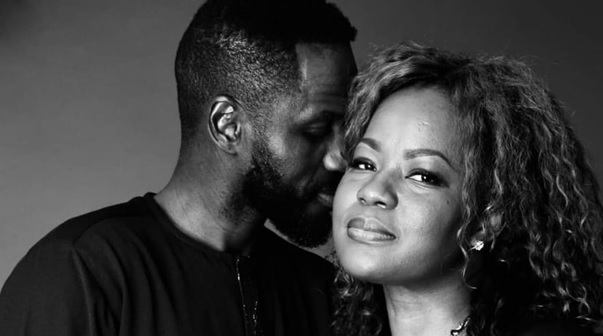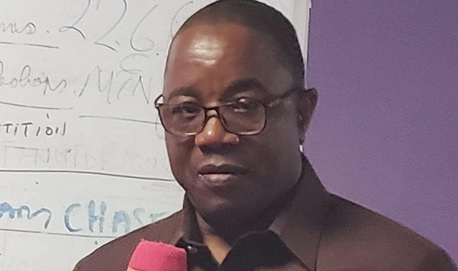In October 2020, the Criminal Court ‘B’ at the Temple of Justice convicted Madam Maria Luyken of child trafficking, holding her accountable for sending the children of two Liberian women, Mathaline Johnson and Elizabeth Johnson, to the United States without their consent. Despite this damning verdict, Luyken remains free, a stark testament to the failure of Liberia’s legal system to enforce its own judgments. This failure casts a long shadow over the country’s commitment to justice and the rule of law, revealing a system alarmingly biased towards the influential and well-connected.
Maria Luyken, a former Representative candidate of District #8 Montserrado County and owner of Destiny Entertainment Center in Monrovia, has a checkered history. Indicted in 2018 for child trafficking alongside two accomplices, Luyken’s criminal activities stretch back over a decade. Her adoption agency, West African Children Support Network, served as a façade for her trafficking operations, sending Liberian children to the United States under dubious circumstances and often severing all ties with their biological parents.
In 2009, authorities removed 35 children from Luyken’s agency due to violations of adoption laws and allegations of mistreatment, yet this did little to halt her operations. At that time, Canada had already ceased adoptions from Liberia due to rampant trafficking concerns. Despite these red flags, the U.S. Embassy in Liberia continued processing adoption-related orphan visa applications from U.S. citizens, inadvertently supporting Luyken’s nefarious activities.
The figures are staggering: approximately 550 children trafficked out of Liberia by Luyken. This not only underscores severe oversight but also hints at a potentially complicit system that has allowed such heinous crimes to persist unchecked. The case of Maria Luyken is not an anomaly but a glaring symptom of a deeper malaise within Liberia’s justice system.
The Unity Party government, particularly through the Ministry of Justice, must act decisively. Luyken’s incarceration is imperative, not merely as a matter of enforcing a court ruling but as a crucial step towards restoring public confidence in the legal system. Justice in Liberia must not be a privilege reserved for a select few; it must be an unwavering standard applied equally to all.
The impunity enjoyed by Maria Luyken is a stark reminder of the disparity in the application of justice in Liberia. It is a call to action for the government to demonstrate its commitment to the rule of law and to protect its most vulnerable citizens. The future of Liberia’s children, and the integrity of its justice system, depend on it.







